|
Whether it's keeping that number on the scale low or high, the optimal weight for an individual is individual. In some individuals, weight can be indicative of overall health. Sustaining a range that is appropriate for one’s physiology is significant in disease prevention and well-being. Almost all of our body systems can be negatively impacted by unhealthy weight, but there are plenty of conditions and disorders that can become more susceptible if over or underweight. To list a few: ✶ Cardiovascular disease ✶ Heart attack ✶ Stroke ✶ Diabetes ✶ Mental health ✶ Cognitive function ✶ Blood pressure ✶ Arthritis ✶ Poor immune function ✶ Thinning / loss of hair ✶ Skin conditions ✶ Fatigue ✶ Poor dental health ✶ Anemia ✶ Developmental delays ✶ Amenorrhea ✶ Malnutrition ✶ Gallstones ✶ Impaired growth ✶ Osteoporosis ✶ Asthma ✶ Cataracts ✶ Infertility ✶ Some cancers ✶ Snoring ✶ Sleep apnea Lots right? Moving on! Insights geared towards weight will be looked upon differently by each individual, and tips and guidance are going to be directed to best suit that person. It would be negligent of me to provide specific and detailed tips to an audience on how to obtain and manage everyone’s optimal weight range. For example, I wouldn't feel comfortable suggesting something like ‘try to carry out 30 minutes of cardio for a minimum of 4 days a week’, because the individual reading the article may be suffering from a pre existing condition. Or, if I said something like ‘you should consume 2 sweet potatoes a day’, while the person reading may have exceedingly different intentions towards their optimal weight that will likely require other priority foods, or they could be intolerant / sensitive / allergic to them, or simply just despise the taste of them (wild, but definitely possible as we all have different palettes). In contrast, what I can do is, be your nutritionist and provide some general diet guidelines that are fitting and acceptable for all a multitude of lifestyles and individuals. Suggested Guidelines for Healthy WeightEat what the earth has kindly and naturally provided us! Stick with whole and nutrient dense food and keep away from processed and / or refined packaged goods, sugar and oils. Sugar is sneakily added to a great percentage of food to enhance taste, optimize profit and decrease your health. Processed chemicals induce cravings for more, skyrocket blood sugar, lead to unhealthy weight gain by accumulating in fat cells, and increase inflammation which can develop future health issues. It’s been stated that on average, two-thirds of caloric intake is from refined sugars, flours and fats, leaving very little room for any essential nutrients coming from whole foods. Processed foods are recognized as empty calories, meaning they provide absolutely zero nutrients. Because cravings are our body's way of asking for more nutrients, even after consuming enough calories, these empty calorie processed foods are not going to help in that they don’t provide anything for your body to use and can adversely increase cravings. I don’t mean with sodas, pop or sugary fruit juices. I mean with pure, clean water! Water plays a special role in every single one of our bodily functions, keeping everything moving and functioning optimally. Hydrating with good clean water is the healthiest and safest way to detox the body and sustain a healthy weight. Fluids help breakdown your food and help digestive enzymes to prevent possible bloating and / or constipation. Without water, the colon can’t do its job of bringing in and circulating nutrients and water back into our bodies, while eliminating waste easily and normalizing bowel movements. And without proper elimination, we experience a build-up of fecal matter, and this is definitely a form of unhealthy and unwanted weight gain. The unpassed toxins can then circulate in your body!! Imagine fecal byproducts in your circulatory system! Additionally, we often have a hard time finding the difference between our hunger and thirst cues. Reach for more water before more food!! Spacing out water between meals will help keep you feel satiated and prevent overeating. Some nice and simple ways to keep up with hydration can be by having your bottle with you, but also try dazzling it up with cucumber, fresh berries, ginger, mint (also soothes your belly) or herbal teas. This is always a tough one, especially during a pandemic! I can’t force anyone not to do something, but I can explain why you should consider it. I will say that alcohol can lead to excessive weight gain and a variety of other concerns. It can increase inflammation, lead to poor sleep and chronic dehydrated. Studies have shown that hard alcohol can impact your saliva flow negatively, which in turn hinders digestion, metabolism, and how your body absorbs and uses many nutrients. Because most cocktails consist of sweeteners, syrups and creamy liquors to uplift their taste and keep you drinking, they lead to an accumulation of unwanted fat. In addition to the alcohol itself, these far too high carb contents and processed / refined additives are not nice on your hard-working system. If you do plan to drink alcohol, avoid sugary drinks and just be aware of the effects. Additionally, when large amounts of sugar are consumed, your smart body will try and stabilize itself by pulling fluids from cells in order maintain balance, which causes further dehydration...and we know how important hydration is! Try and sticking to: ✶ Light champagnes ✶ Organic wines, because in addition to natural sulphates, there are none added to organic, and it tends to be those that irritate some of us with headaches, bloating, gas, flushing, dizziness, itching and more ✶ Organic hard ciders, strictly the fruit of the apple, nothing else ✶ Light beers! There are also decent gluten / sugar-free options like Bard's, New Grist, Glutenburg (IPA, double IPA, white, & gose), Mongozo & Green's or low in gluten beers like Estrella Daura Damm (this one is not safe for celiacs) ✶ Naturally enhancing your hard alcohols and cocktails using bubbly water, sugar-free tonic water, lemon / lime, freshly squeezed fruit juices, berries, maple syrup, agave, honey or alternatively cane juice / cane sugar Weight management, lifestyle and nutrition are so much more than just numbers (pounds, kilos, grams, calories etc). Focus on high quality, and you will soon see that digits don’t matter. For instance, since each food has its own spectrum of amino acids along with each body’s digestive bioavailability, protein quality measures must be reflected. Protein quality looks at how well or poorly the body will use a given protein. By consuming high-quality protein, and while optimizing your digestive health, you won’t feel the need for more and keep away from overconsumption. With understanding how pricey it can become when buying organic / non-GMO etc etc, I want to assure you that not everything needs to be those. Start by inspecting the dirty dozen and clean fifteen list to refer to when shopping for organics. Confirm that your soy products (tofu, tempeh etc) are certified organic, and any animal products are aimed to be grass-fed / organic, while food of the sea is wild caught. All in or der to avoid added hormones, antibiotics, toxins, heavy metals and more!! Eating high vitality foods will allow your body to become progressively more efficient and with this cravings for more food will ease. When in doubt, veg out. Reach for vegetables, fruits or nuts and seeds rather than crackers and cookies. Sleep is critical for all!! Without enough, we risk an increase in stressy cortisol levels (leading to possible weight gain or adrenal exhaustion), harmed immune function, hindered metabolism, diminished athletic performance and the body's ability to repair any damage, depleted cognitive function and focus, and some mental health issues; all to which have an effect on weight management whether it be gain or loss. In order to secure more sleeping hours, here are some achievable moves you can implement into your nighttime routine: ✶ Get into bed earlier - this will set the mood and prepare you for sleep ✶No screens at least one hour before bed - light elements throw off your circadian rhythm, which then hinders the production of melatonin (sleep-promoting hormone) (also anti-ageing woop woop) ✶ Apart from intimacy, keep your bed for sleep only, no other distractions - your space of slumber and intimacy should be recognized as a place to do just that ✶A cool environment - body temp naturally lowers at the time for bed, so being too warm can block that signal. with a cool space, you will reinforce those natural instincts of your body and also increases melatonin production yay!! ✶ Complete darkness! - same reasoning as behind the light of electronics ✶ Set a scent - lavender has its popularity with good reason. the beautiful lilac plant dispenses a lovely soothing aroma creating a restful environment “New studies provide evidence that insufficient sleep enhances hedonic stimulus processing in the brain underlying the drive to consume food; thus, insufficient sleep results in increased food intake. In addition, lack of sleep has been reported to decrease plasma leptin levels, increase plasma ghrelin and cortisol levels, alter glucose homeostasis and activate the orexin system, all of which affect the control of appetite and might compromise the efficacy of dietary interventions.” Sleeping habits shouldn’t be ignored when considering healthy weight management. Sleep is equally as important as the diet and lifestyle portion of any personal program and was actually endorsed by the Canadian Obesity Network. I don’t mean that you must run 10k every day. If you wake up and feel like you wanna sprint or just run and never stop, do it. Well like stop eventually please, but you feel me. If you’re craving a nice yoga or pilates session, do it. Maybe you’re feeling hella strong and wanna lift weights, fab. Do it. Stay active in ways that you enjoy, and in ways that make you feel damn good. At least 30 minutes of movement each day is recommended, but you and your health goals will determine how this is executed. Staying active helps reduce common triggers of overeating – stress, sleep quality and mood. Try to keep your activity balanced. And what I mean by this is, if you do 4 days in a row of high-intensity interval training, for example, you’ll only exert cortisol levels which can bring abdominal weight gain and also cause you to be left depleted of energy. This won’t benefit your physical nor mental health. Remember that your body does need rest, and it will tell you. But when cortisol is constantly high, that’s not something you notice, leading to further exhaustion. Try not to overlook that while movement is prime for healthy weight management, it is also key for mental health, and finding what balanced pattern works best for you takes time. Ah, good ol’ macronutrients. Protein, fats, and carbohydrates. As with everything, this is undeniably tailored to each of us. Over or under consumption of one or more macronutrients can lead to an unhealthy weight gain or loss. There has been much fluctuation in mainstream diets revolving around macronutrients in focusing on either low fat, high fat, high protein, zero carbs and so on. There have been studies upon studies in attempts to determine which route is best, but they are inconclusive, and this is due to the fact that once again, our needs are all unalike. Some find great success at the peak of these ‘diets’, but unfortunately, not many of these movements are sustainable. The body needs it all, and that’s why macronutrients exist. And from macronutrients, comes micronutrients such as our essential vitamins and minerals. Although the requirements are less than the macros, they are of equal importance. Most of our body’s chemical reactions rely on them, thus without them, ideal weight and overall liveliness would not be possible. All foods consist of breakdown or build up components, sometimes both. These control the activity of our metabolism, which in turn powers our weight. Anabolism, using foods to build more cells, is very focused in our modern times. For example, and while good quality protein of all kinds and all amino acids are absolutely essential for us, there is undoubtedly overconsumption of animal protein as it’s been advocated that everyone needs copious amounts. Athletes, pregnancy, surgery recovery and other conditions will demand higher needs of protein. When high amounts of any specific macro are consumed, the others tend to get avoided and this brings us out of balance leading to unwanted symptoms and dis-ease. Catabolism on the other hand ensures that used cells, waste matter and metabolic by-products can be split up, broken down and eliminated from the body. This comes from our high fibre legumes, fruits and vegetables. All in all, any way of eating that favours one macronutrient above the rest can be worrisome by suggesting an absence of dietary stability and result in nutrient deficiency. When starved, we tend to get our hands on more foods than normal, and this typically leads to overeating. When we have cravings, it is our body’s way of telling us we need something, and although it’s shouting Oreo cookie ice cream, it means something real nutritious. With eating proper unrefined foods, the body will then stop begging for nutrients so aggressively because you’re giving it what it needs, and you don’t feel the need to inhale the junk aisle. Sub processed foods with healthier and satisfying alternatives! There are SOOOO many recipes, and please do reach out if you need any. For example, this edible cookie dough treat found on my website is gluten-free, vegan and refined sugar-free. And really, really good. Allow yourself to recognize your hunger and react appropriately with a healthy snack. Being proactive and preparing these snacks or meals before that intense hunger rolls in will save you from grabbing the Oreo ice cream. Promoting yourself to a harmonious relationship with food and honouring your body's cues. If you're in tune with your body, you might not need to remind yourself, but checking in with your hunger and fullness is crucial in respecting your body's needs and limits. Before eating, whether at home or in gatherings, try to decide on what you actually want to eat and what you’re truly craving. By eating what your body desires, and in an uplifting mindset, you’ll discover more ease in deciding when you’ve had enough. This too will help steer clear of binging and any nasty guilt followed. Weight related scenarios are bound to involve stress. Eating quickly has become a norm, but it doesn’t give our system enough time to figure out when it’s full or not. You’ll notice with time that mindful eating allows for you to become more caring of what you put into your body, in turn making wiser food choices. It allows you to dismiss the overlooked emotions that are confused for hunger such as boredom, excitement, frustration, rage or sorrow. You’ll feel connected and satisfied. It is practically effortless to become diverted away from the sensations our body is relaying to us (being full up or still hungry). So, really take this into consideration: it takes the digestive system 20 minutes before it can signal to the brain that you’re full. There are tons of things you can do in that 20 minutes before deciding you’re finished or that you want more. Clear some dishes / garbage, make tea, check your phone, chat someone up if you’re with others, practice some breathing or heck, go fart! I'm also real keen on the action of chewing, and there is more about this on my website here, but long story short; if you take the time to chew your food until it loses texture, the better you will digest. You won’t inhale your entire meal and plate to follow, and you will have fewer chances of experiencing any digestive upset. It's def not our fault that we want to try all these new trendy diets, but stemming from the macronutrients section above, they are not suitable for all, not sustainable and are very very hard to continue. By depriving yourself of a wide range of specific items, when the time comes to ‘terminate your diet’, binges happen and that creates way more havoc on ya. Work hard with yourself, and possibly the support of a professional, to come up with realistic and lasting eating and lifestyle patterns that best suit you, honey.
I must say that the topic of this article is mighty close to me. It took me a very long time to understand its importance in my own self, mainly coming from a history of disordered eating, and now with my knowledge of it and the subjects intertwined, I want to open the eyes of others, and especially those undergoing any struggles. Trust, I may have smiled when I saw how thin I looked in the mirror, but that was the only time I smiled. I was miserable, irritated and stressed for every other moment in my waking time. A gloomy gal, and definitely no fun to be around. Reconnecting with what my healthy weight is brought life, freedom and of course health back around. I have learned that as elements change throughout my life, so will my weight and that does typically go for everyone else. Weight is a reflection of many things. Things like thyroid health, pregnancy, gut health, autoimmunity, medications, where you are in your menstrual cycle, sleep, movement, gender, age and of course what you eat!! All of the things, it goes on and on and on. Challenging it may be, but it’s important to remember that it’s about finding that fine line between obsessing and simply caring. Being aware. Discovering where you feel your damn finest and in harmony throughout. Just like your plate, your awareness and effort should be balanced in a manageable way. Working with a professional may be beneficial in attaining that balance, and also discovering any possible underlying issues that may be interfering with one’s health. A holistic approach to healthy weight management consists of setting goals, effort and feeling supported to carry out new and healing lifestyle changes. Through nourishment, movement, actions and mindset, these strategies designed for you will undoubtedly help reach suitable weight, but also enrich and restore all areas of life. Cliche as ever, but ring in this new year with new motives. Keep reminders of why you’re embarking on this self-caring journey and notes of how you feel in your new lifestyle changes. Remember this doesn’t happen overnight, and it takes time to adjust to anything and everything. If you feel you could use support in creating a personalized nutrition plan that fits your lifestyle, health needs, and goals, ponder making an appointment with me or simply getting in touch through my contact page.
0 Comments
Leave a Reply. |
Petra Sovcov is not a Medical Doctor (MD) nor a Naturopath (ND), she is a Clinical Herbal Therapist (CHT) and holds a Doctorate in Natural Medicine (DNM). The suggestions or recommendations made on this site are not meant to be a substitute for advice from your MD, or as a substitute for any prescriptions you may be taking. Suggestions followed will be the responsibility of the reader, and are stated with the intention of interest and education only. If you have a health issue, please see your primary care physician (MD) first and foremost. Categories
All
Archives
July 2024
|

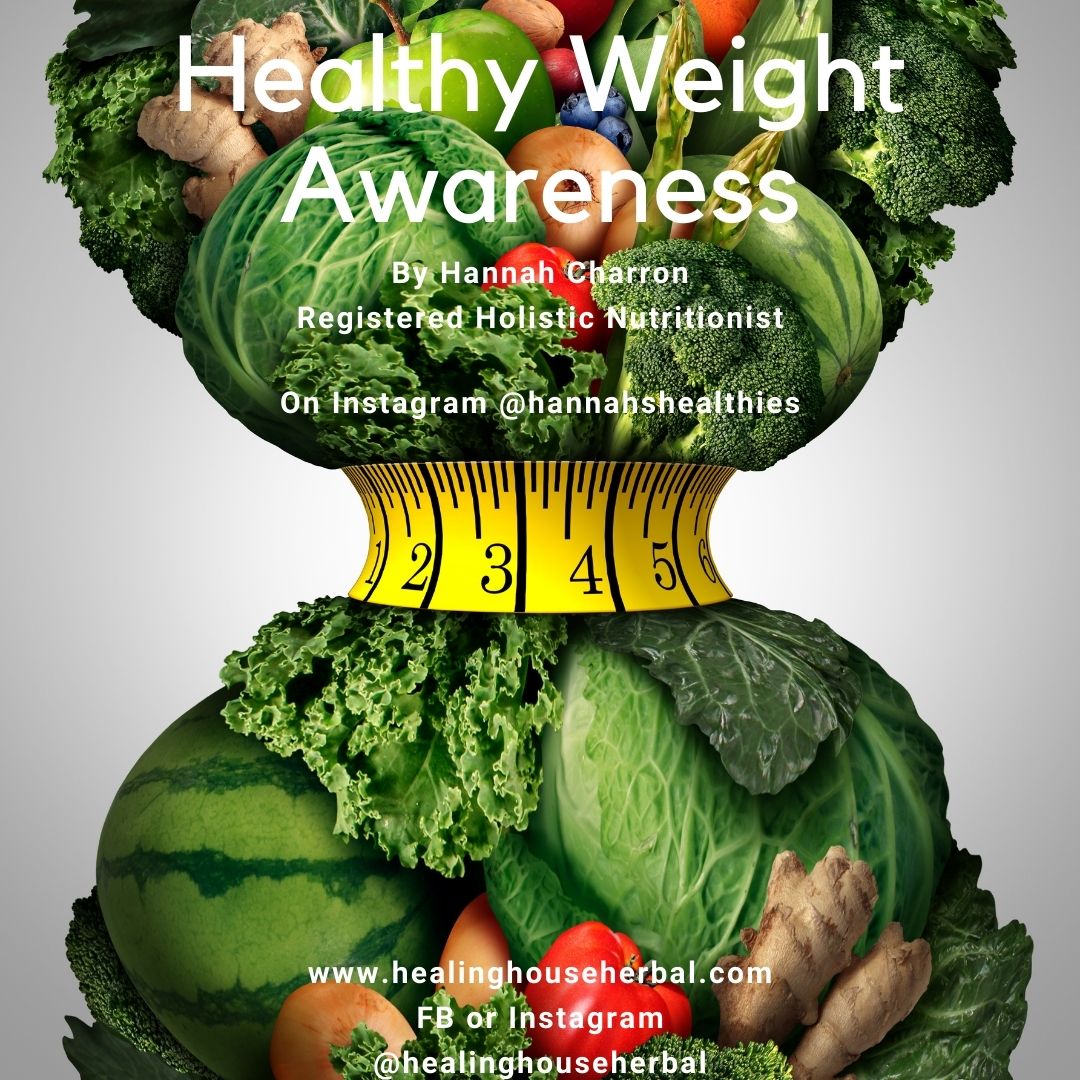
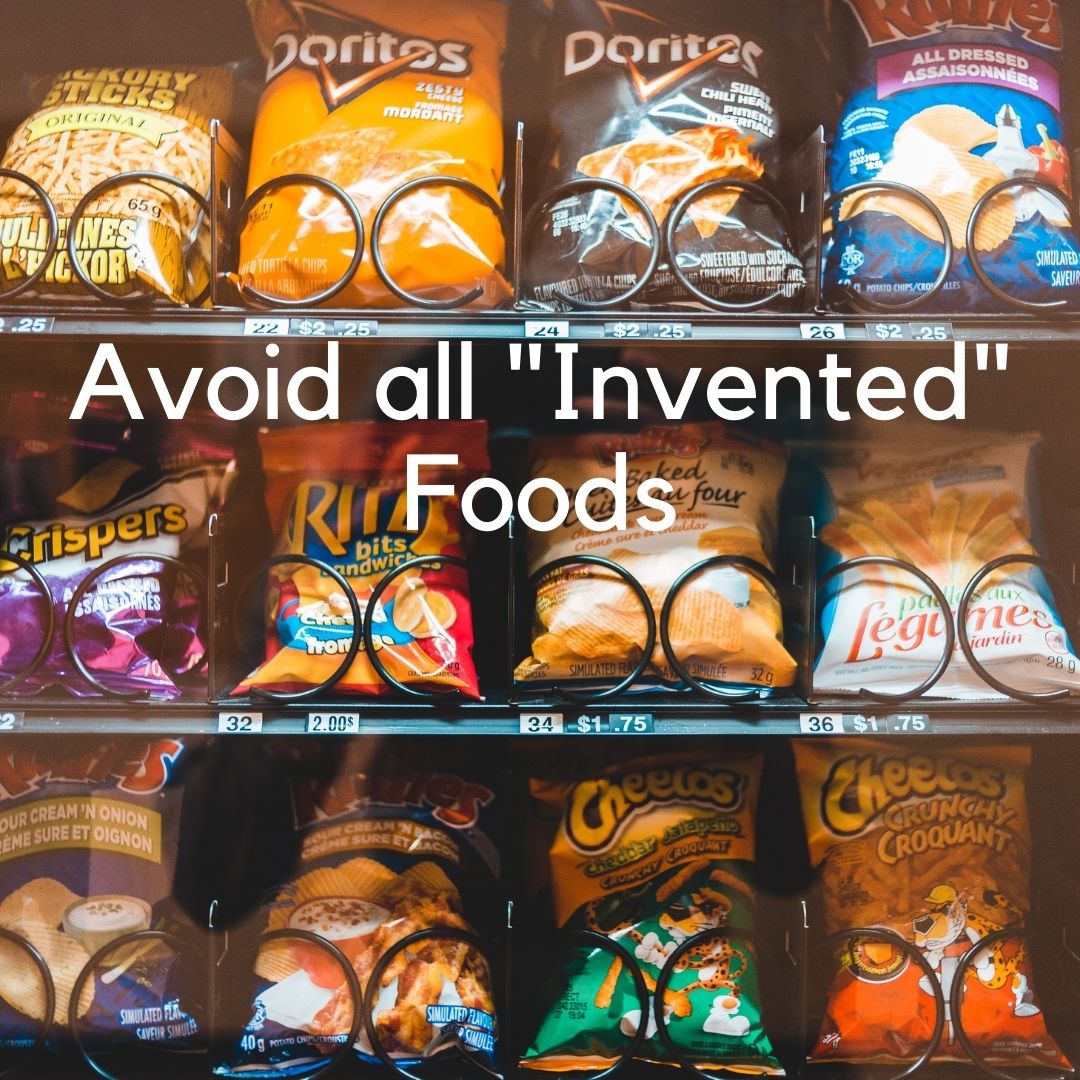
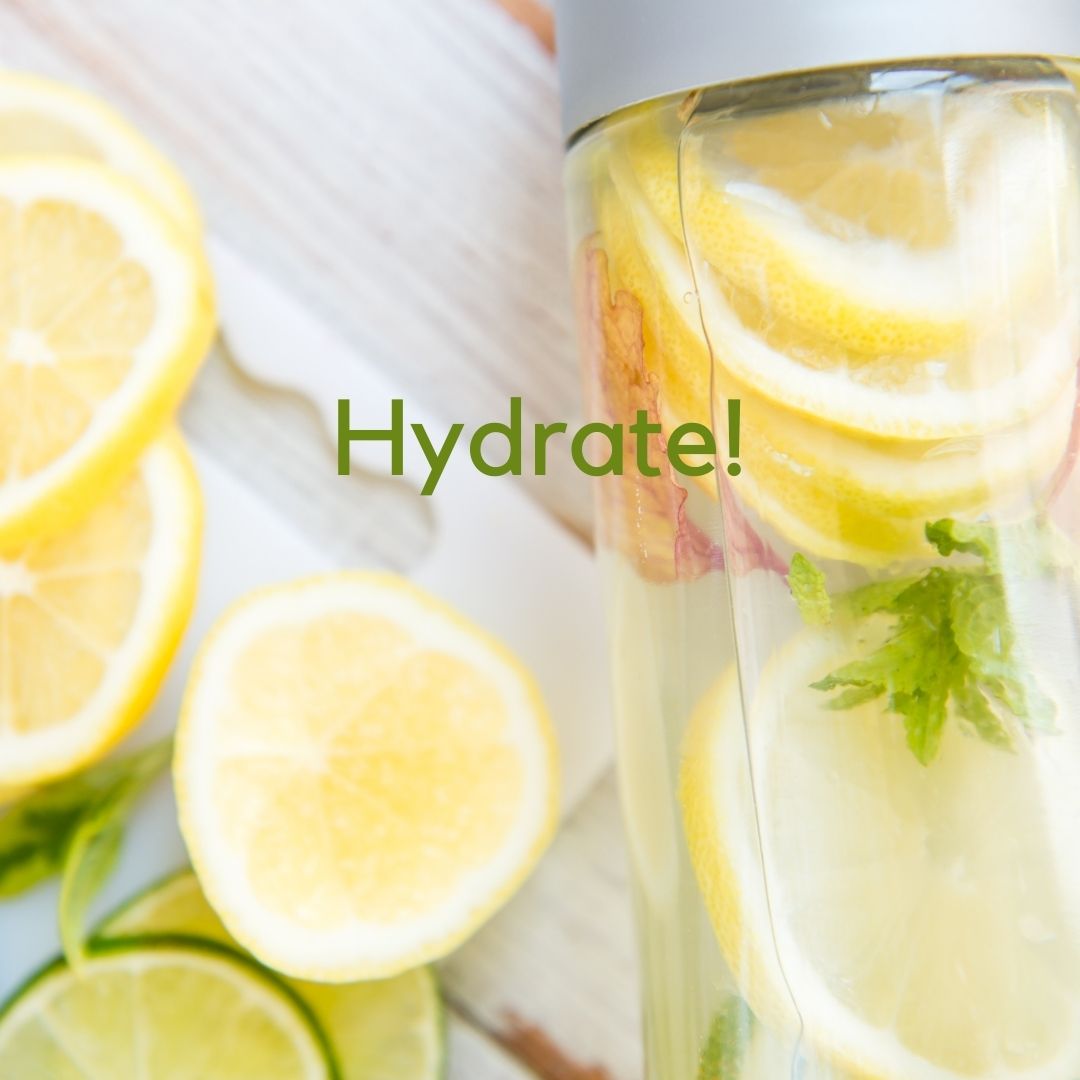
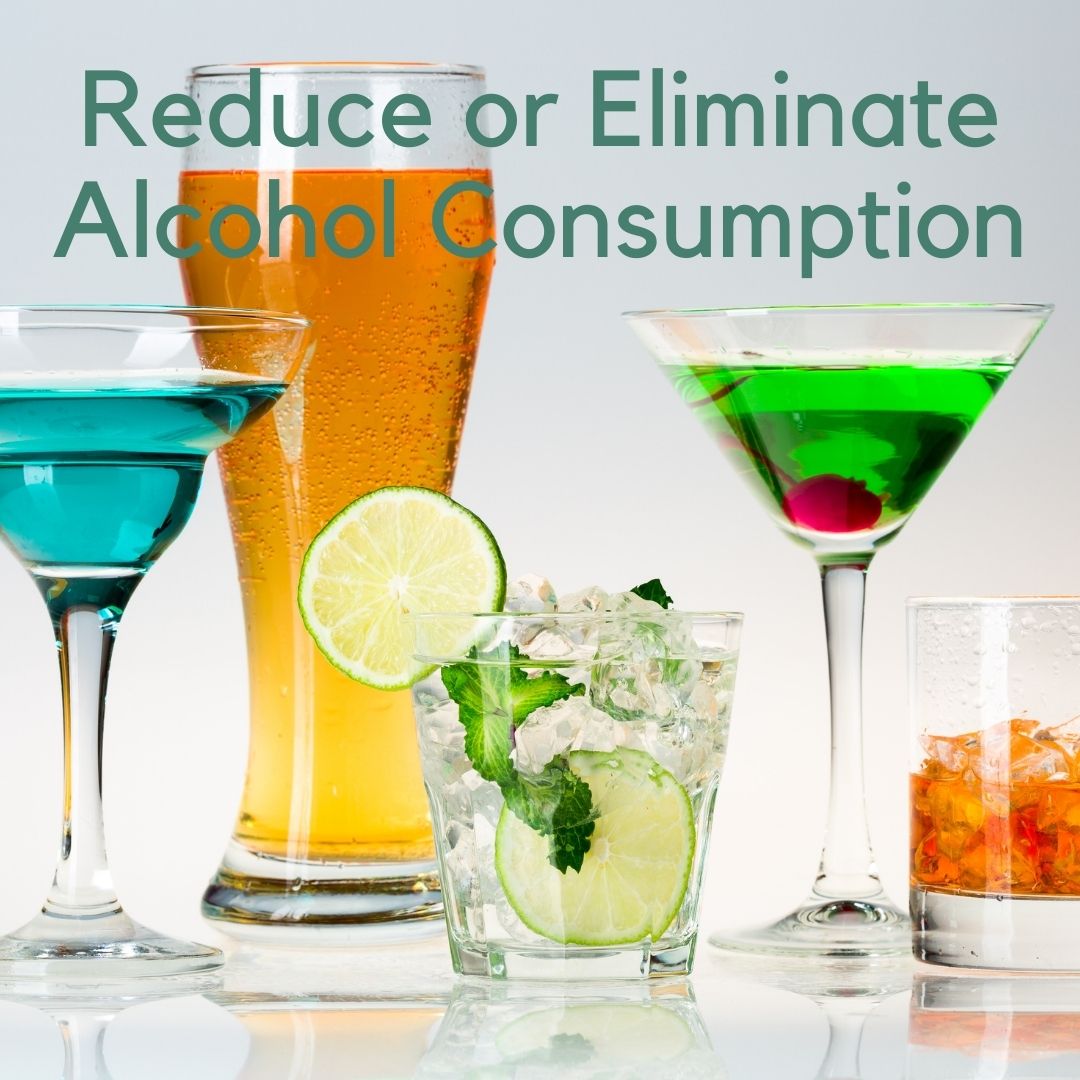
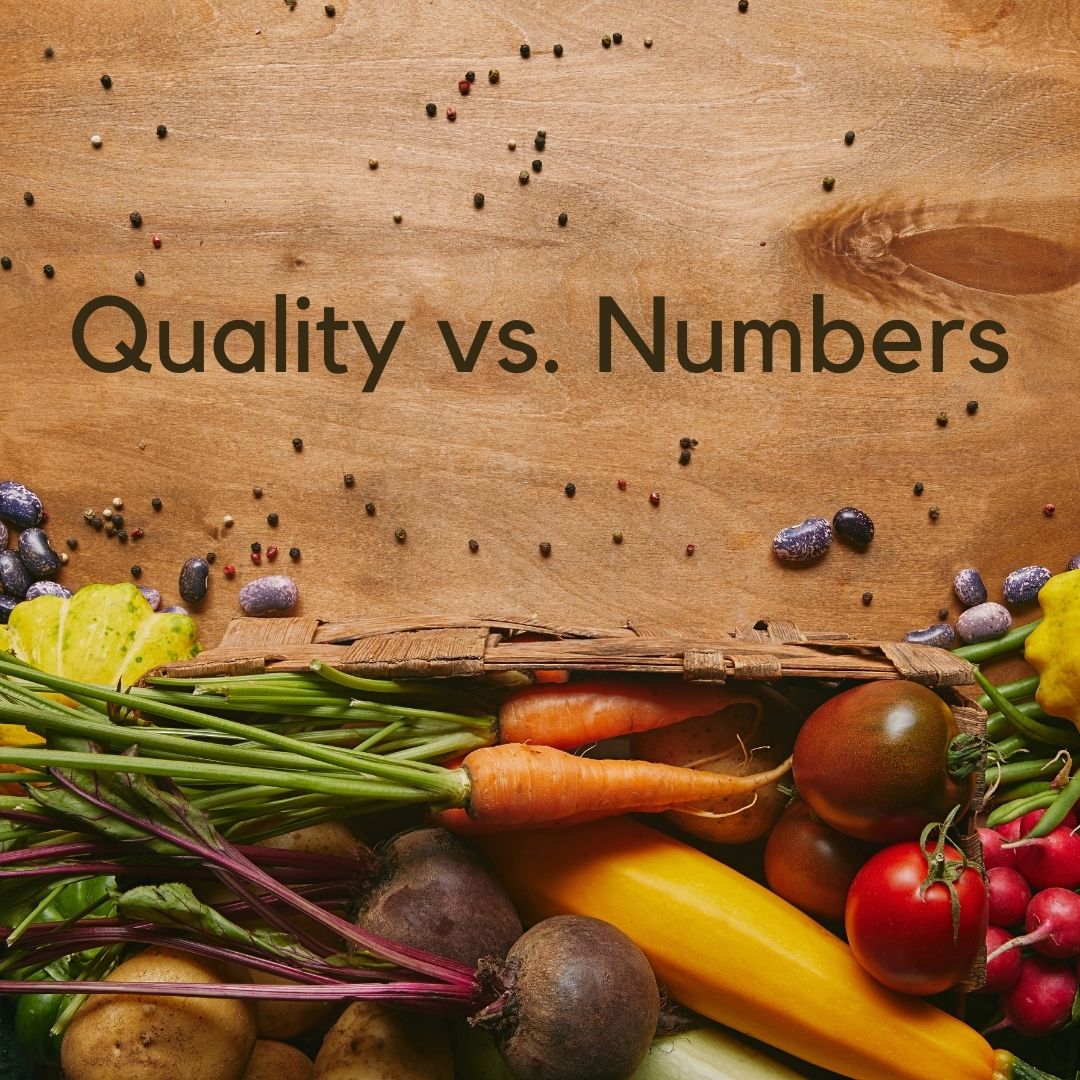


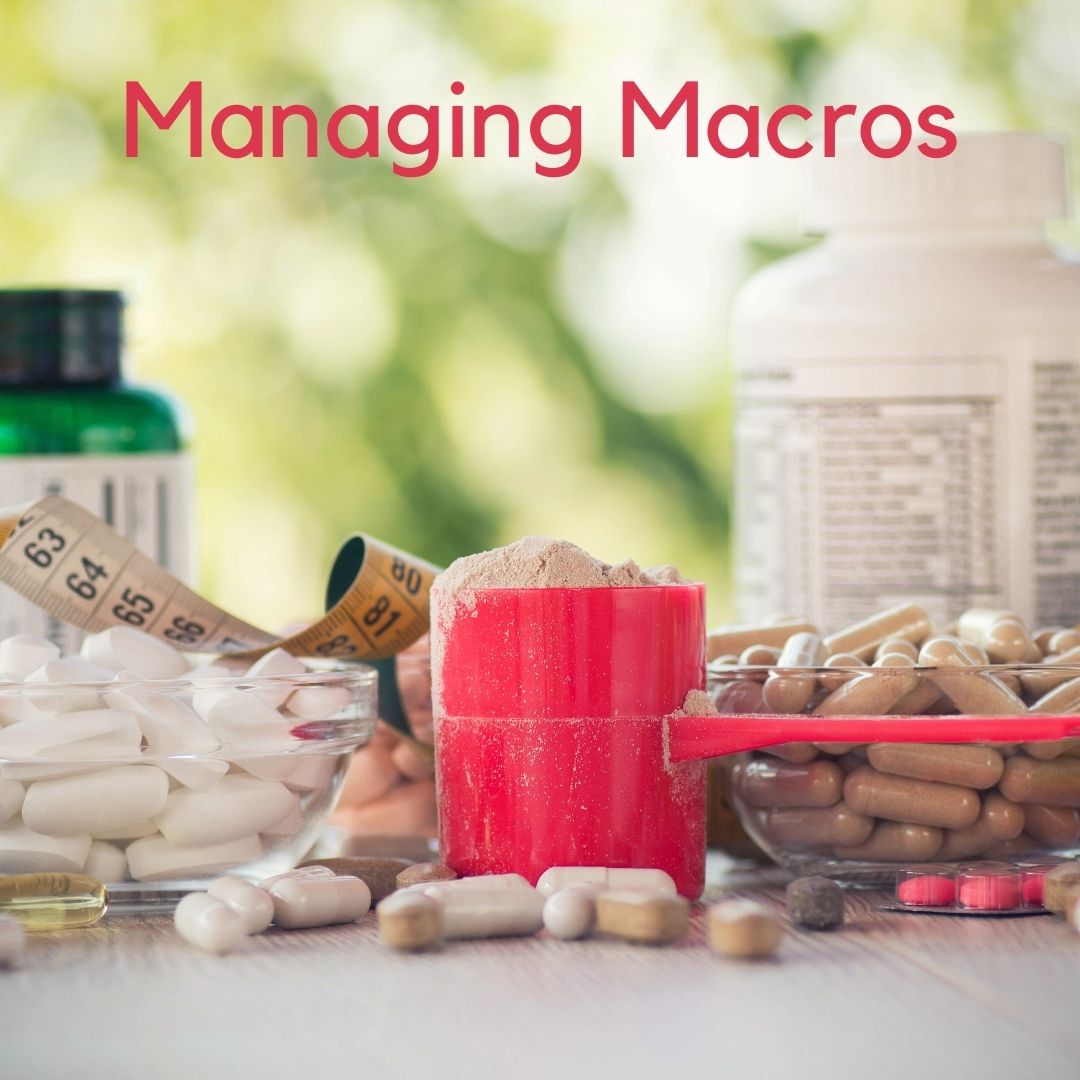

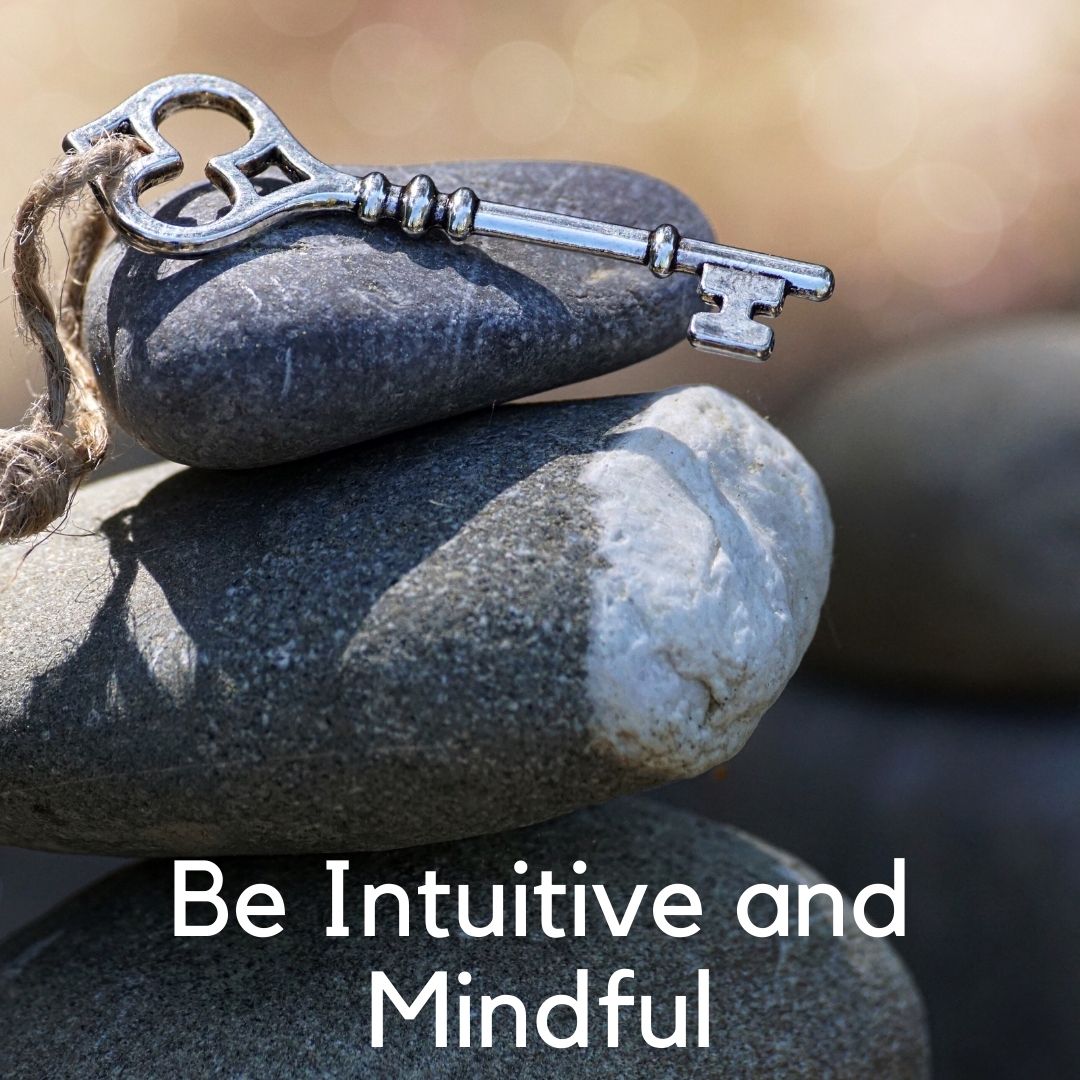
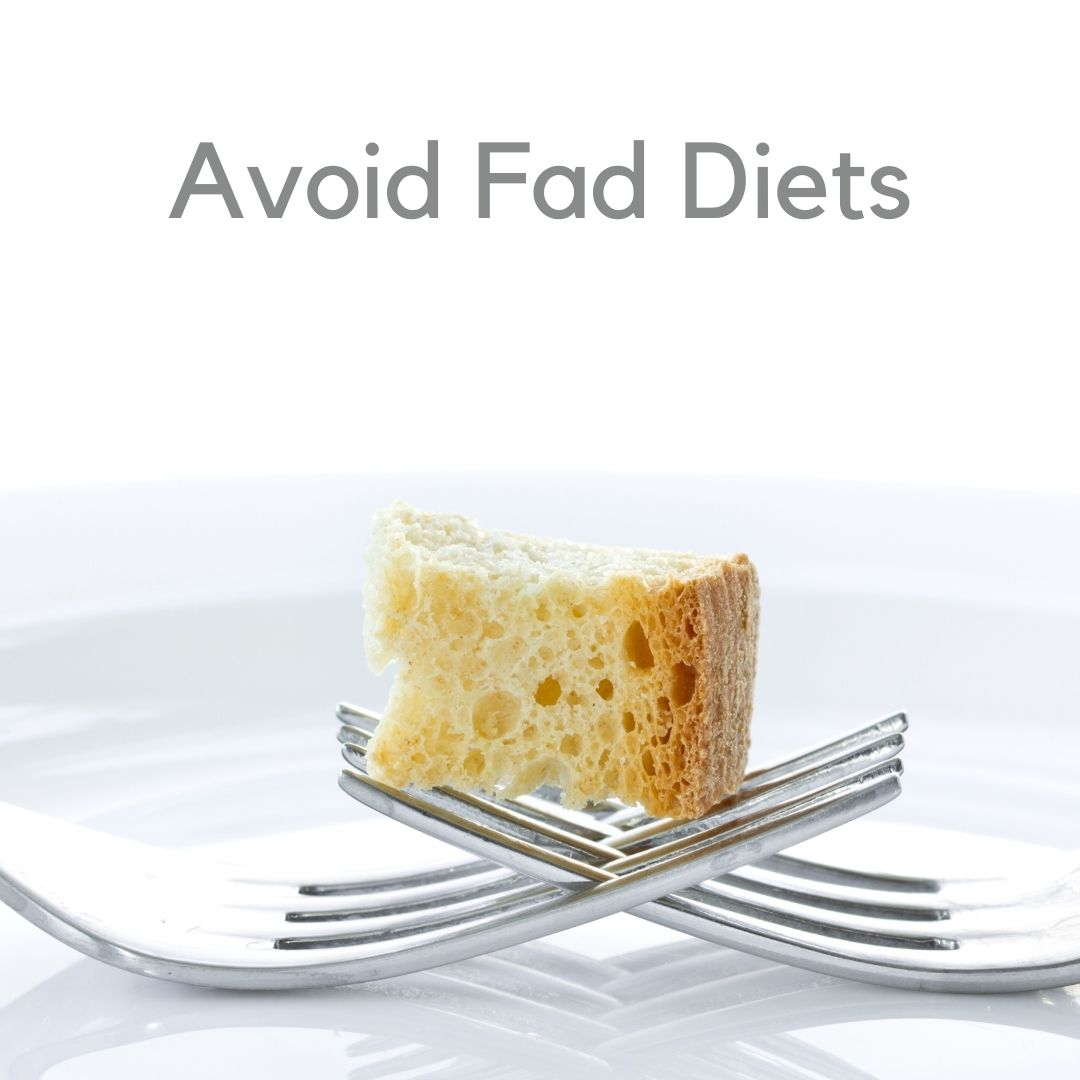
 RSS Feed
RSS Feed